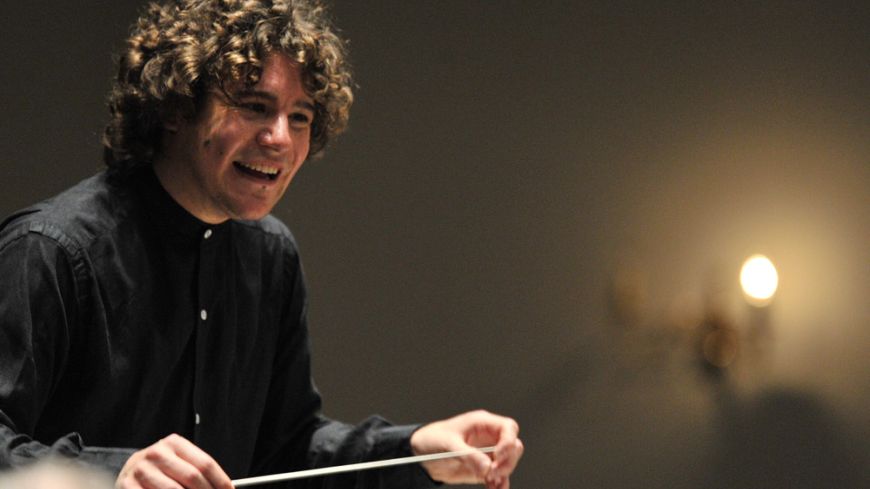
Last night's opening concert at the Usher Hall of the Scottish Chamber Orchestra's new season consisted of the overture to Schumann's opera Genoveva (written in a period of only three days) and two Berlioz compositions - Tristia and Symphonie Fantastique. Fans of Berlioz can access his manuscripts at the National Library of Scotland which houses the most prestigious collection in the world of Hector Berlioz work, amassed by the music bibliographer Cecil Hopkinson who presented it to the library in 1952.
Schumann's Genoveva, the first work to be performed, was in fact the only opera he completed, although he had aspirations of developing a reputation as an opera composer. The plot of the opera is based on the story of Genevieve of Brabant, a medieval legend set in the eighth century.
Conducted by Robin Ticciati, the principal conductor of the SCO, the orchestra was initially hesitant, but soon started to gather momentum. The strings and the horns began to feel comfortable in the environment - particularly the horns which had a Wagneresk quality which was interesting because Wagner was composing Lohengrin during the same period as Schumann was writing Genoveva.
The next piece on the programme was Berlioz Tristia. Berlioz writes the most heartrending choral music and the Scottish Chamber Orchestra choir evoked superbly the subtle, exquisite harmonies in Tristia ('sad things'). As the title suggests, the composition, in three movements, is steeped in melancholia, and Ticciati's expertise in working with singers and eliciting tender emotions from the strings produced a memorable performance of this work.
The pièce de résistance of the programme was Berlioz masterpiece Symphonie Fantastique: Épisode de la vie d'un Artiste...en cinq parties (an episode in the life of an artist … in 5 parts). Written in 1830 each movement is designed to evoke the tormented agony of unrequited love.
Like many creative artists in the Romantic era such as Colleridge and de Quincey, Berlioz took opium - a drug that induced a hallucinegenic state of mind and Leonard Bernstein described the Symphony "as the first musical expedition into psychedilia because of its hallucinatory and dream-like nature." A hallmark of Berlioz work is a preponderance of timpani, percussion and brass and his compositions are pervaded with ominous overtones.
This was the first performance of the work by the SCO - a challenge for a chamber orchestra to be performancing a symphonic work, and certainly in the first three movements one missed the richness of the volume of sound created by a symphonic orchestra. However, all was redeemed in the last two movements.
Ticciati works extremely well with the musicians in the chamber orchestra, and with his masterly attention to detail and musical nuances he succeeded in creating sumptuous sounds and the finale was a tour de force.

